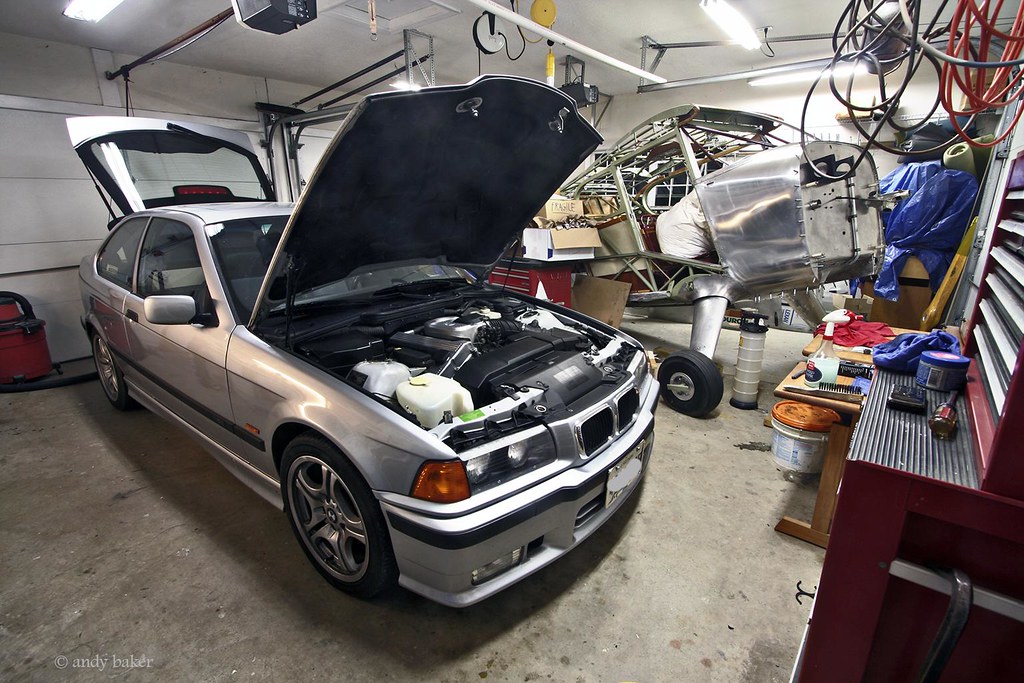Important Factors To Consider for Selecting the Best Engine for Your Requirements
In the world of picking the suitable engine to satisfy your requirements, a number of important factors need meticulous factor to consider to make sure optimal performance and performance. From the nuanced balance in between power and performance to the often-overlooked elements of maintenance and solution requirements, each aspect plays a pivotal function in determining one of the most suitable engine for your specific demands. As the complexity of engine innovations proceeds to progress, critical the most suitable option demands a deep understanding of the interplay between numerous considerations. By discovering the intricate internet of aspects that underpin this decision-making procedure, a clearer path arises in the direction of selecting an engine that not only meets however exceeds your assumptions.
Power and Performance
When evaluating engines for ideal efficiency, it is important to focus on both power result and performance. Power outcome gauges the capacity of an engine to create power, which straight influences its efficiency. A high power result is necessary for demanding tasks such as high-speed needs or heavy-duty applications. It makes certain that the engine can deal with the workload properly and successfully. Nonetheless, power alone is not enough; effectiveness plays a considerable function in figuring out the general performance of an engine. Performance describes just how well the engine converts fuel right into functional energy. A more reliable engine will certainly provide better gas mileage, lower emissions, and lowered operating expenses. Striking the right equilibrium between power result and efficiency is vital to choosing an engine that meets your details requirements. It is necessary to consider factors such as the intended usage of the engine, ecological effect, and long-lasting cost effects when making this decision. By thoroughly assessing both power and performance, you can select an engine that supplies optimal efficiency and fulfills your requirements properly.
Fuel Efficiency and Economic Climate
Gas performance refers to the engine's capacity to convert fuel into energy with very little waste, directly impacting operating costs and ecological sustainability. Engines with greater fuel effectiveness not only decrease fuel expenditures yet likewise decrease carbon emissions, adding to a greener procedure.

Compatibility and Application
Taking into consideration the fuel efficiency and economic climate of an engine, the following vital aspect to address is its compatibility and application within details operational contexts. Compatibility refers to exactly how well the engine incorporates with the general system or tools it powers. It involves aspects such as physical dimensions, installing alternatives, electrical user interfaces, and control systems. Guaranteeing compatibility is important to protect against problems such as getting too hot, vibrations, or power discrepancies (bmw 318ti).
Moreover, the application of the engine is similarly crucial. Different engines are made for particular functions, whether it be commercial machinery, marine vessels, vehicles, or power generators. Understanding the intended application enables the selection of an engine that can provide the needed power result, torque, and functional qualities. A high-revving engine made for performance vehicles would not be suitable for heavy-duty construction devices that needs high torque at low speeds.
Maintenance and Service Needs
Upkeep and service demands play an essential function in ensuring the durability and optimum efficiency of an engine. Regular maintenance is necessary to stop failures, extend the life expectancy of the engine, and preserve its performance. When picking an engine, it is essential to think about the manufacturer's suggested maintenance routine and the schedule of solution facilities or certified technicians.
Elements such as the regularity of oil adjustments, filter substitutes, and total inspections can considerably affect the engine's performance. Some engines may need even more constant maintenance based upon their layout and use, while others might have longer periods in between upkeep checks. It is essential to stick to these service requirements to avoid pricey important source repairs and unexpected downtime.

Cost and Spending Plan Considerations
When selecting an engine for a certain application,Budget plan constraints usually play a substantial function in the decision-making process. When taking into consideration the cost and spending plan ramifications of choosing an engine, it is important to analyze not just the first purchase rate yet likewise the long-lasting expenditures connected with maintenance, fuel consumption, and possible upgrades or fixings. It is important to strike an equilibrium between the upfront cost of the engine and its total lifecycle expenses to make certain that the selected engine remains economically sustainable throughout its operational lifespan.
Aspects such as gas effectiveness, resilience, and dependability can straight affect the complete expense of ownership of an engine. While a much more expensive engine may have greater upfront costs, it might potentially cause reduced upkeep and gas expenses gradually, hence using much better value in the future. Additionally, taking into consideration the schedule and price of spare components, as well as the convenience of upkeep and solution, can assist avoid unforeseen monetary stress in the future. By thoroughly evaluating these cost and budget plan factors to consider, you can make an informed choice that aligns with your monetary restrictions and operational demands.
Final Thought
Fuel effectiveness refers to the engine's capability to convert gas right into power with minimal waste, straight influencing operating costs and ecological sustainability.Factors influencing gas performance include engine style, burning efficiency, and overall efficiency optimization. In addition, selecting the suitable gas type and grade as suggested by the engine producer can additionally enhance performance and extend engine lifespan.
Engines with great service functions and easily offered parts can minimize maintenance prices and minimize the time the engine is out of operation - bmw 318ti. It is vital to strike an equilibrium in between the in advance price of the engine click here for info and its general find more information lifecycle expenses to make sure that the selected engine stays economically lasting throughout its operational lifespan